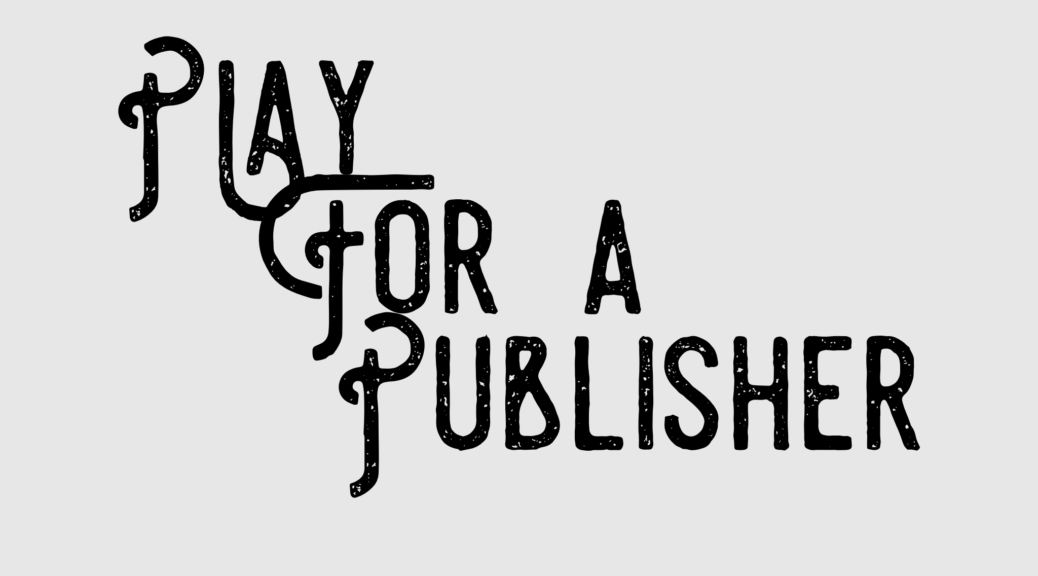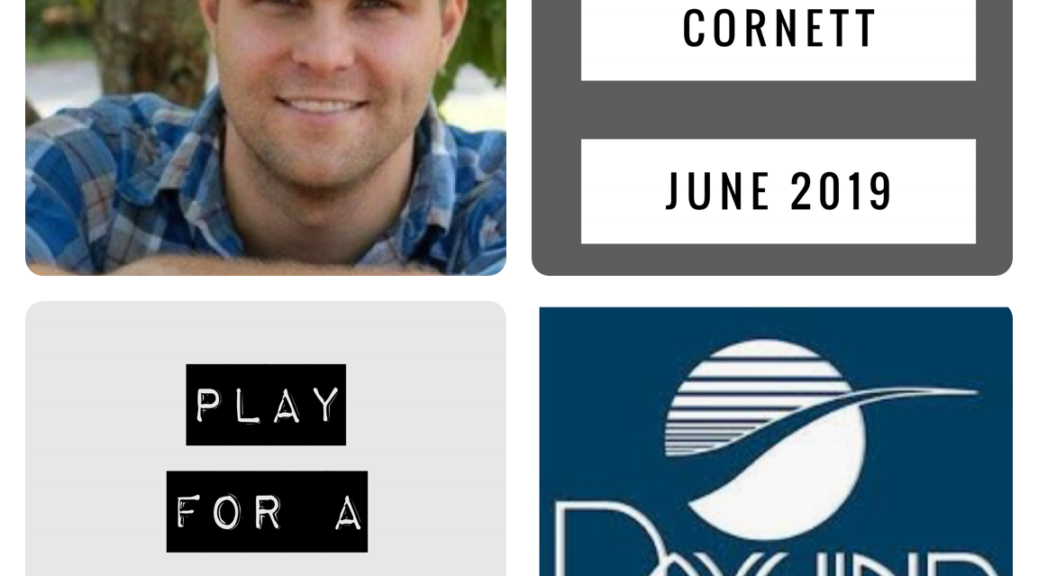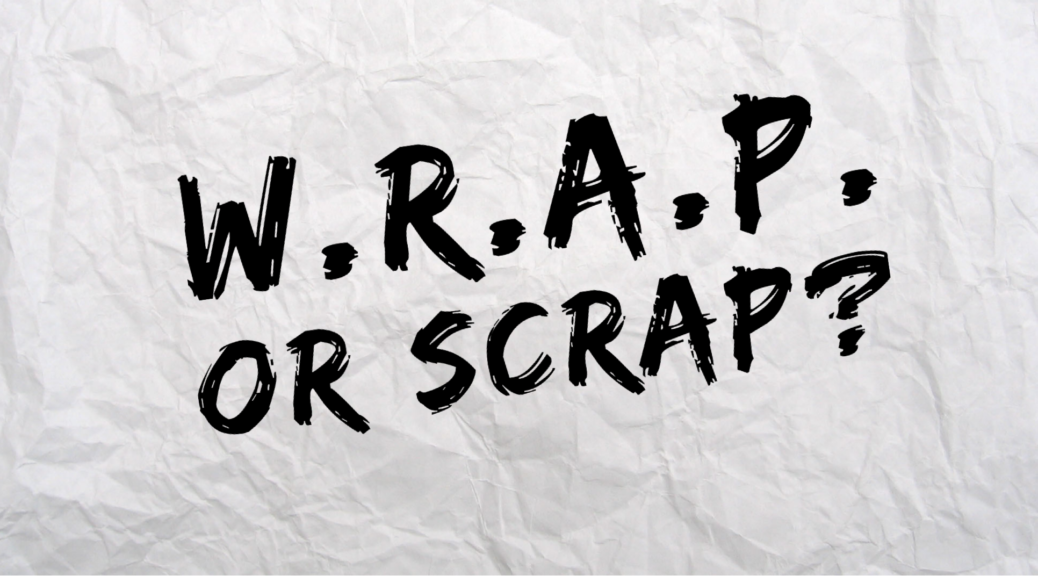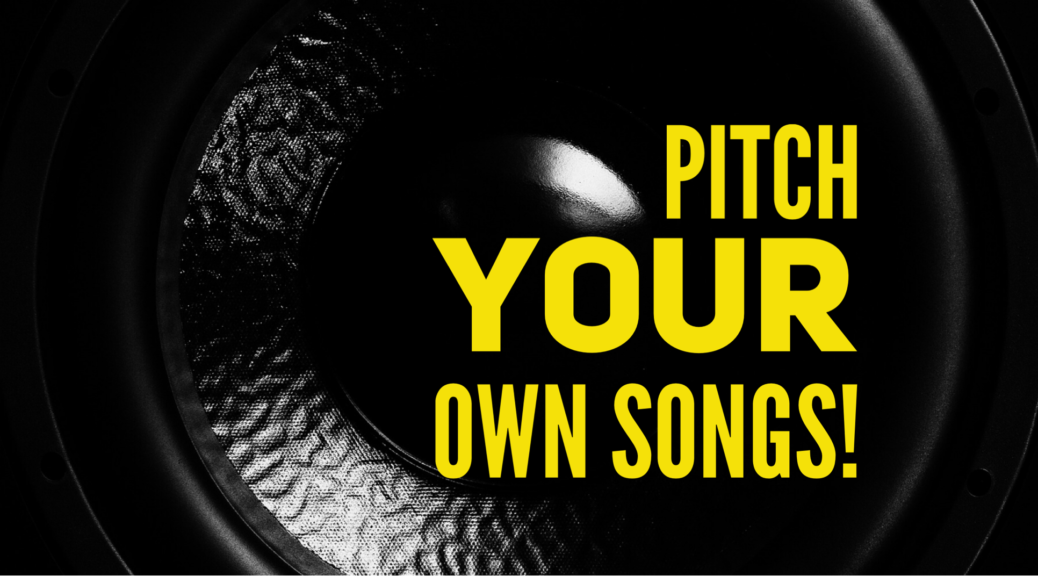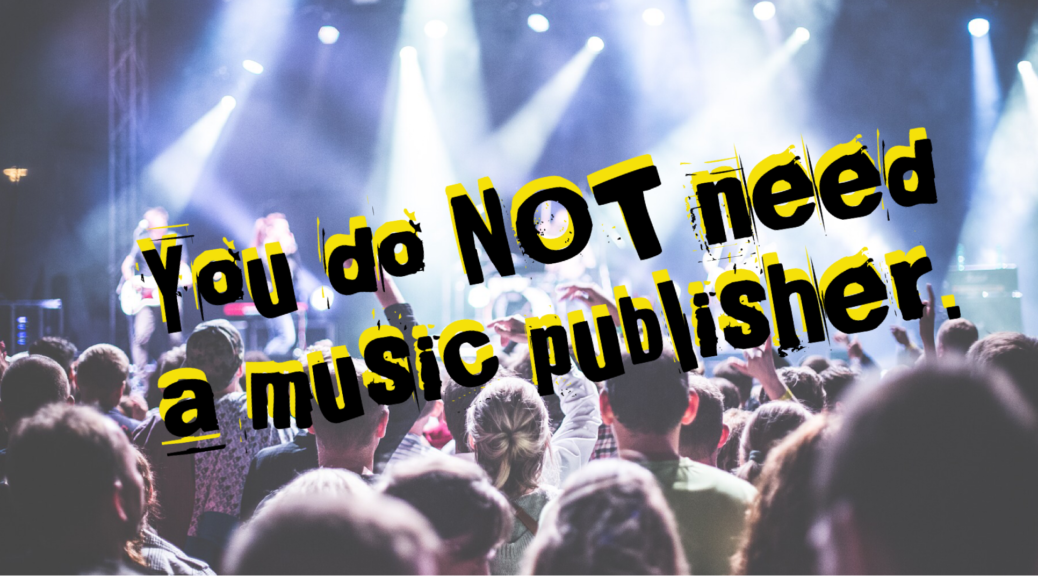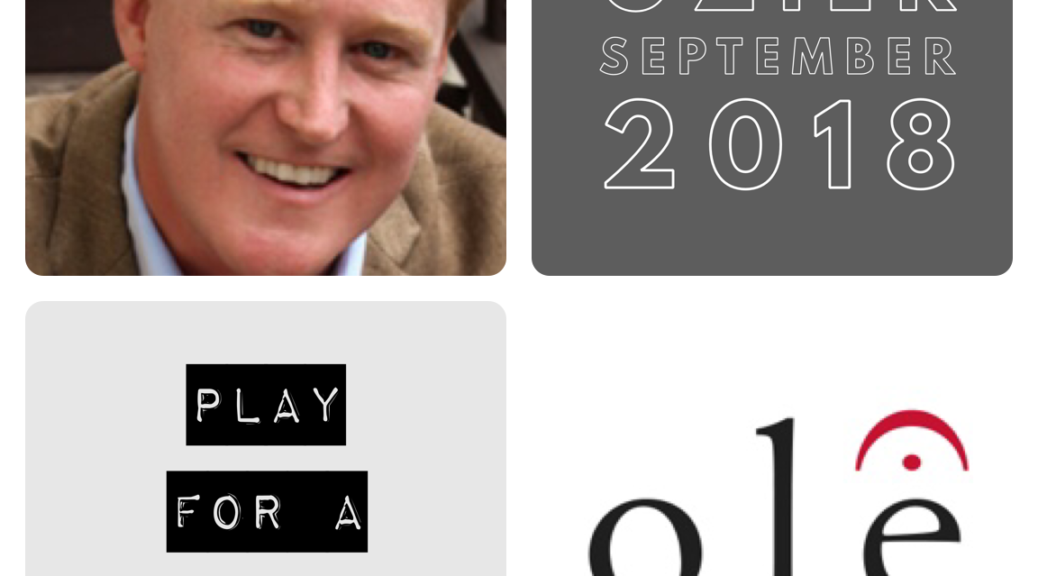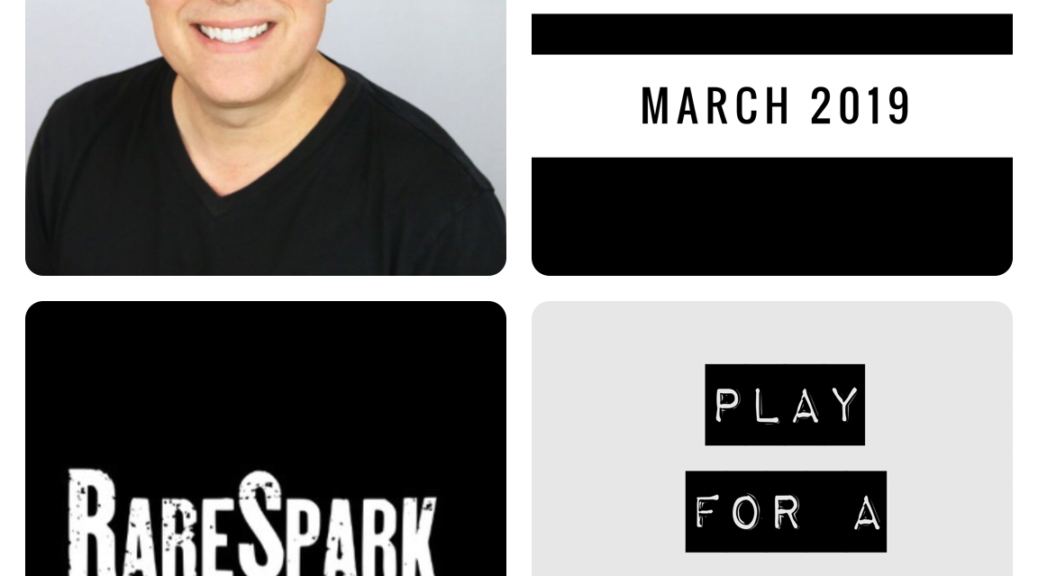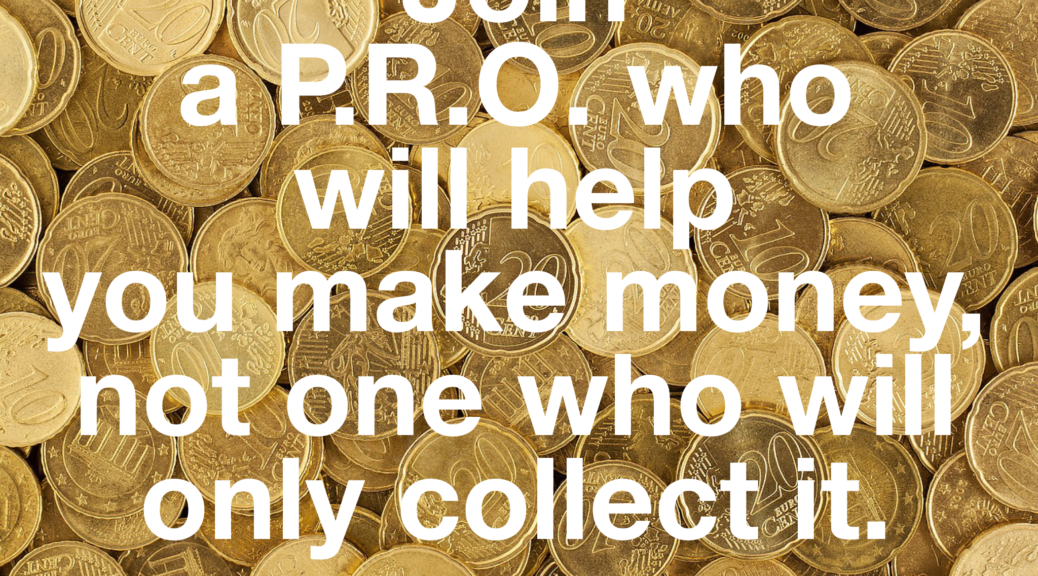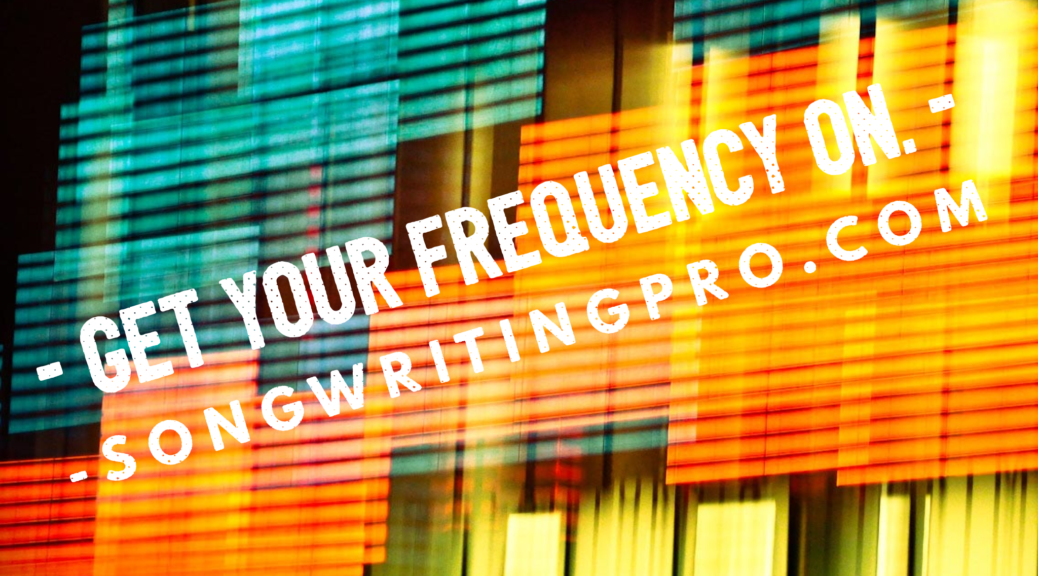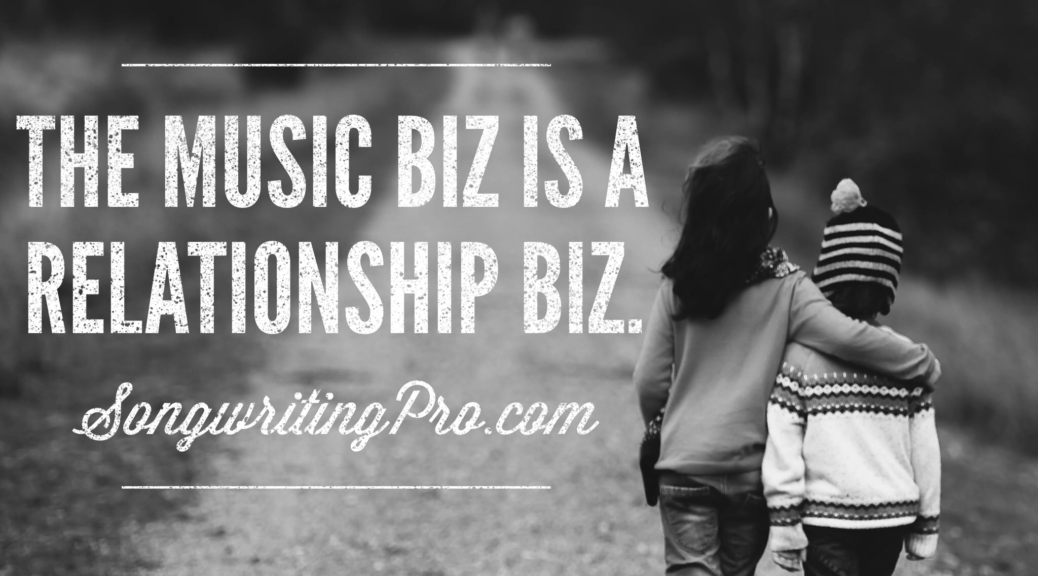Here are some great lessons from our June Play For A Publisher Event!
We recently had another great “Play For A Publisher” event. Our guest publisher was Joe Dan Cornett of Daywind Music in Tennessee. Today, I’d like to share some of the best takeaways from the evening. These aren’t direct quotes, but you get the idea. _______________________________
To BE a pro, you need to THINK like a pro, and this FREE ebook will help transform your thinking, your songwriting, and your success. Get it today!
_________________________________

Uptempo is key for commercial appeal. Most albums typically have 2 ballads to 8 mid or uptempos. Your catalog should reflect that ratio.
The chorus of your song is prime real estate, and it’s where you need to blow peoples’ minds.
Have your idea… and stick with it! Don’t let your song wander off-topic.
If I like a song, I live with it for a long time and try to hate it. If I can’t hate it- I can pitch it!
Your genre dictates your lyrics. For example, Southern Gospel can have more “old-way-of-saying-it” lyrics than will work in Contemporary Christian.
It’s great when the chorus is so hooky that I can hear it only once then sing it back to you.
Don’t give publishers “Option A / Option B” on your lyric page. It can throw them. You need to be confident in your lyrics.
I hope you found these pearls as helpful as I did! If you were there or watched the replay, what takeaways did YOU get from the session? What are your thoughts on these pieces of advice? Please leave your thoughts in the comments!
I want to give another shout-out to all of the writers who joined us for the event. Ya’ll really represented the Songwriting Pro community well!
“Endless Love” by Zebb Rogers, Ceri Usmar
“Go Get Her” by Jason Goolesby, Eric Harper
“Old Camp Meeting” by Kristi Fitzwater, Dixie Phillips, Bev Herrema
“Wait Oh Children” by Stacy Clearman
“Tuned Into You” by Dylan Todhunter
“Washed By The Water” by Russ Parrish, Topher King
“Never Good At Math” by Kyle Jackson-Rachky, Kelly McKay, Brad McKinney
“Mad Woman” by Chelsey Stallings, Brett Turner
“Love Is A Teenager” by Molly Brown, Lucy LeBlanc, Joanne Stacey
“Liquid Courage” by Chelsey Satterlee, Selby Copeland
If YOU would like to play your song for a legit music publisher, our next Play For A Publisher event is coming right up! Our guest will be Matt Lindsey of Matt Lindsey Music. Matt has worked closely with several #1 hit songwriters, and he’s been getting songs recorded by major artists for years. If YOU have the songs, HE knows what to do with them!
CLICK HERE TO GET ALL THE DETAILS AND SEND IN YOUR SONG!
God Bless and Enjoy the Journey,
Brent
Brent Baxter is a hit songwriter with cuts by Alan Jackson, Randy Travis, Lady Antebellum, Joe Nichols, Gord Bamford, Ruthie Collins, Ray Stevens, and more. He’s written a top 5 hit in the US and a #1 in Canada… so far. He also co-hosts the popular podcast “The C.L.I.M.B.” available on iTunes, Stitcher, and HERE.

